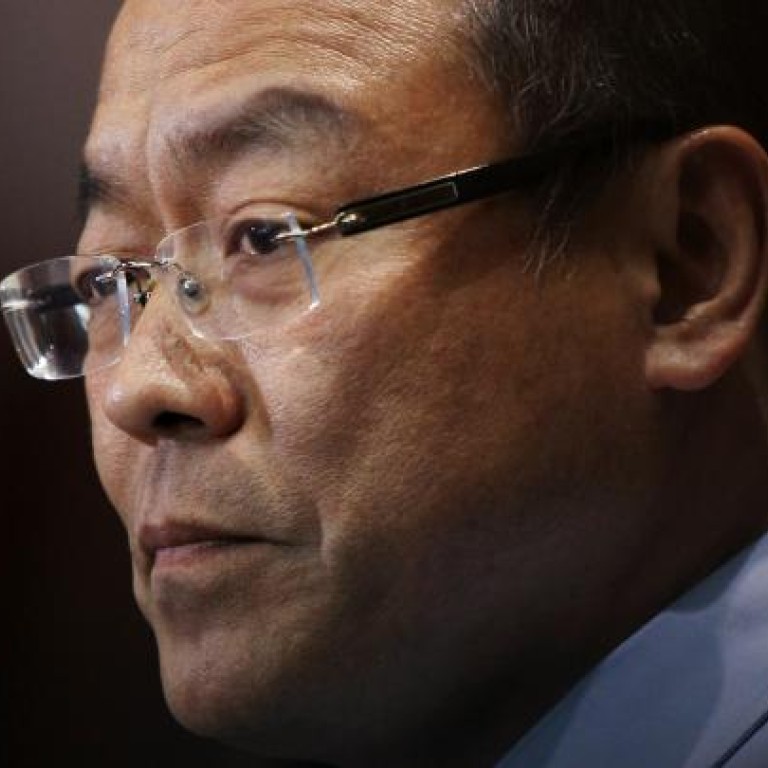
Legco candidates spar over education debate
“Super seat” candidates sparred over the national education programme on Monday morning, as the plan’s opponents continued to camp outside government headquarters.
Pan-democratic candidates in next week’s election called on the government to drop its plan to make national education compulsory at primary level from 2015 and in secondary classrooms from 2016, but their pro-establishment rival disagreed.
The issue was the subject of lively debate on Monday morning on an RTHK radio forum that pitted two pan-democrats – the Democratic Party’s Albert Ho Chun-yan and the Association for Democracy and People’s Livelihood Frederick Fung Kin-kee – against Starry Lee Wai-king of the Beijing-loyalist Democratic Alliance for the Betterment and Progress of Hong Kong (DAB).
Ho called on the government to lift the “mandatory timeline” immediately.
“I can tell you, the students and hunger strikers are ready to go home [if they are given] just a single message – that this three-year target will be lifted now… Then everybody can sit together and talk and discuss [the issue]. They have only one demand,” Ho said.
Activists camped outside the government offices in Admiralty have vowed to continue their hunger strike indefinitely if the authorities refuse to abandon the national education programme by 5pm on Monday.
Fung also called on the administration to stop pushing ahead with the course, and allow a review.
But the DAB’s Lee defended the government, pointing out that a committee had already been set up and was charged with implementing the curriculum. “According to [Anna Wu Hung-yuk, head] of the committee, everything can be discussed. Why [can’t] we allow the committee to discuss everything?” Lee asked.
Also on Monday, criticism was levelled at candidates from the DAB and Federation of Trade Unions for not taking a clear stance on the controversial programme.
During an election forum in the New Territories East geographical constituency, the DAB’s Elizabeth Quat said, after repeated questioning by pan-democrats, that many Hongkongers support the programme. The only question is whether it should exist on its own or be integrated with other courses, she said.
The DAB’s Gary Chan Hak-kan said the government should not force schools to adopt national education, but he did not say whether the course should be withdrawn.
The FTU’s Ip Wai-ming did not give his stance on the issue.
Tong Po-chun, of the Beijing-loyalist group Economic Synergy, said she had been involved in the education sector for decades and believed national education should be introduced. Tong shares a slate with Yau Wing-kwong.
In their radio debate, Ho, Fung and Lee also touched on housing, the influx of mainland tourists and air pollution. They agreed that the government should work harder to clean up Hong Kong’s air, by pressing for discussions with cities in the Pearl River Delta region and reviewing the operations of local power companies.
All three are candidates in “super seat” constituencies, so called because the winners will have a bigger mandate than fellow lawmakers. They will be elected by a citywide ballot of 3.2 million voters.


